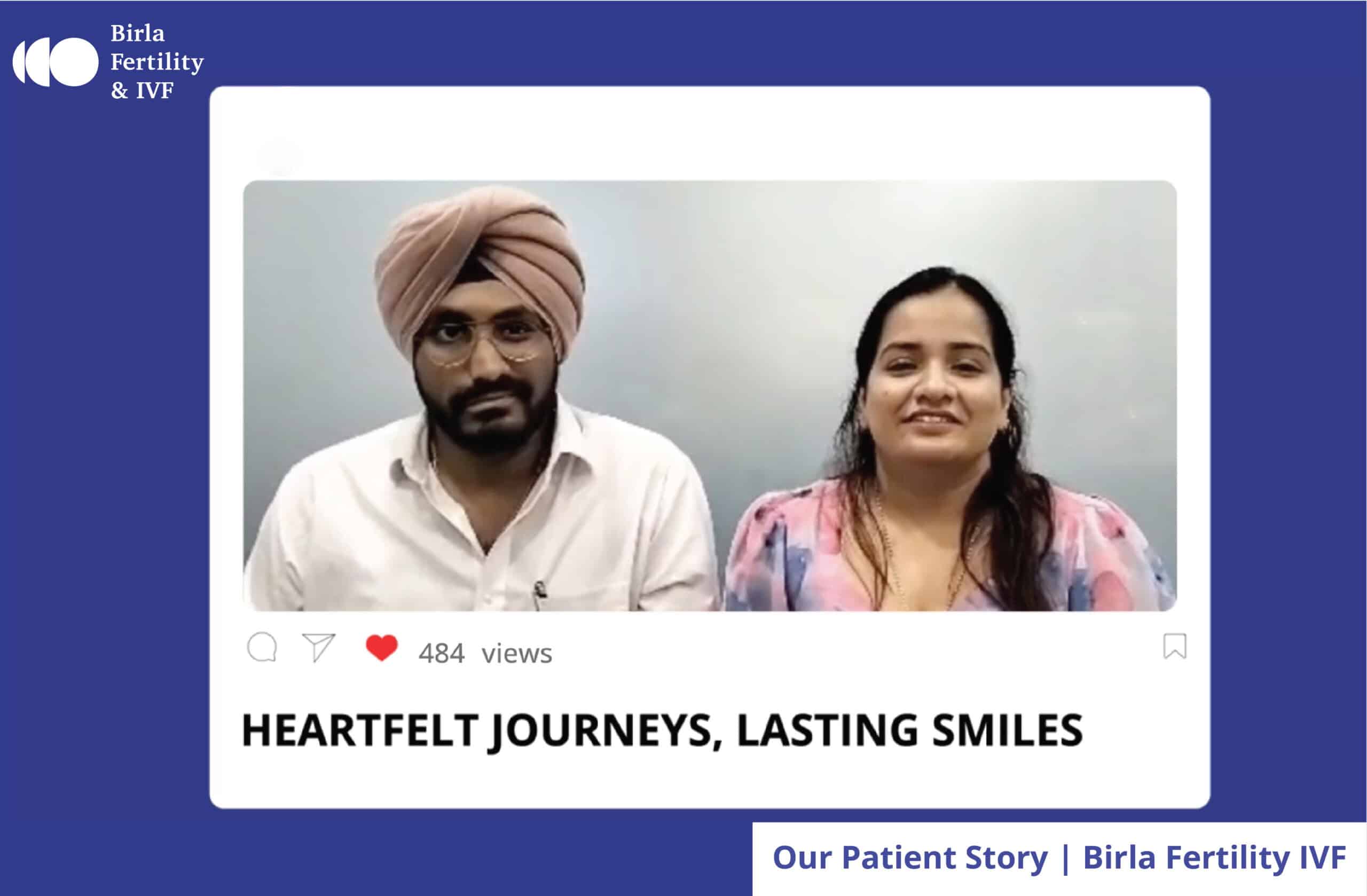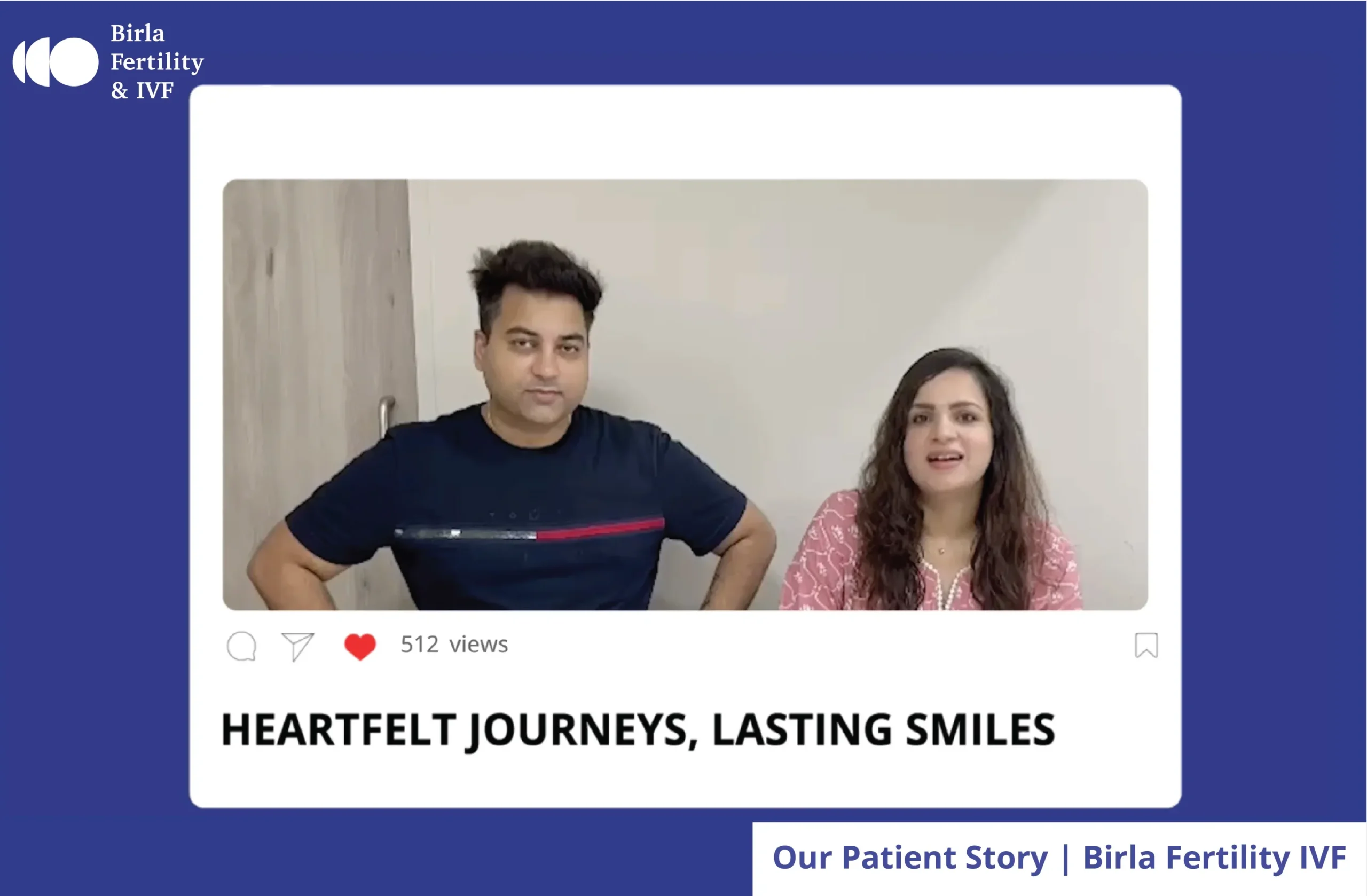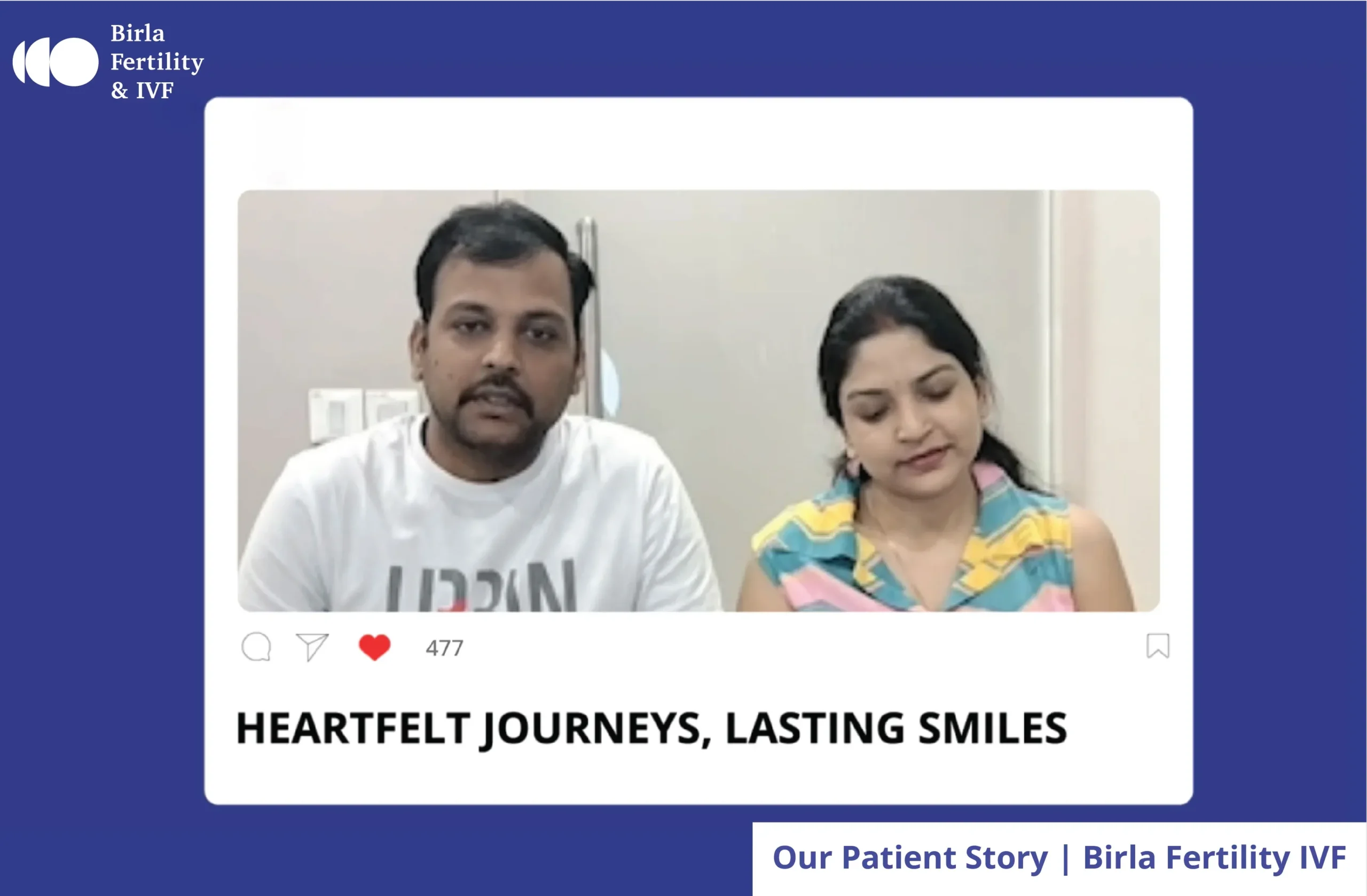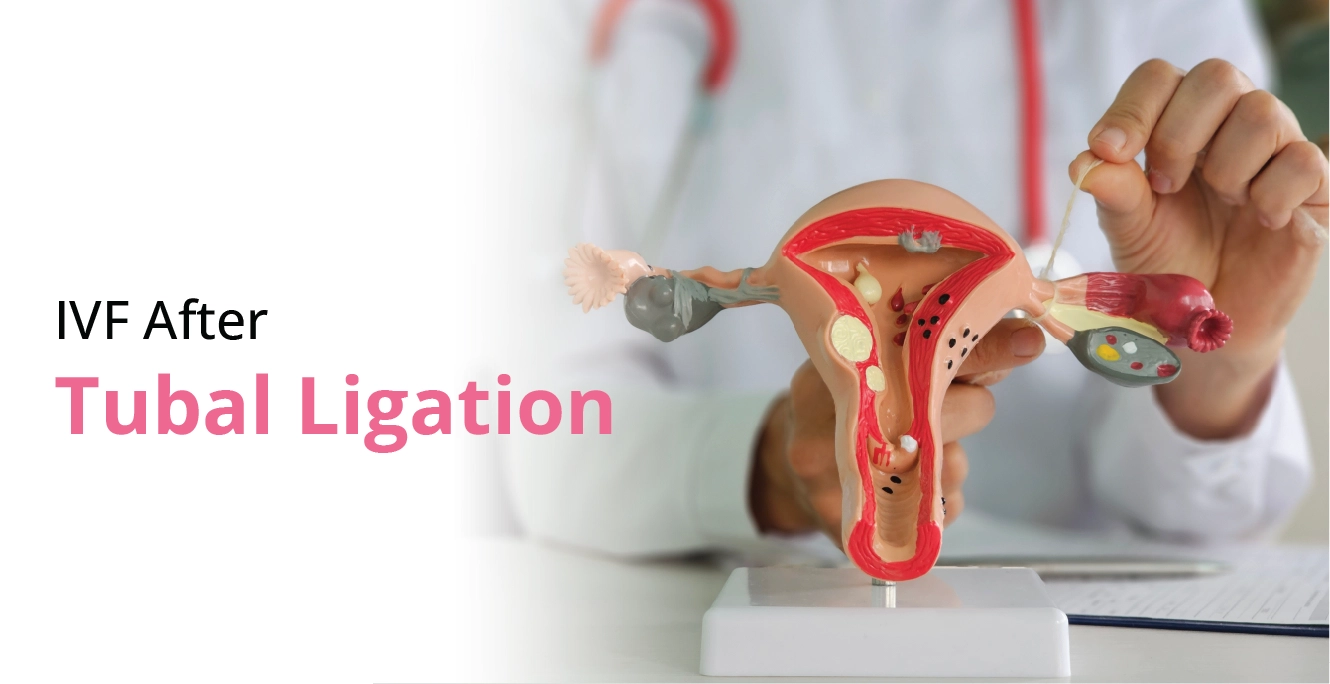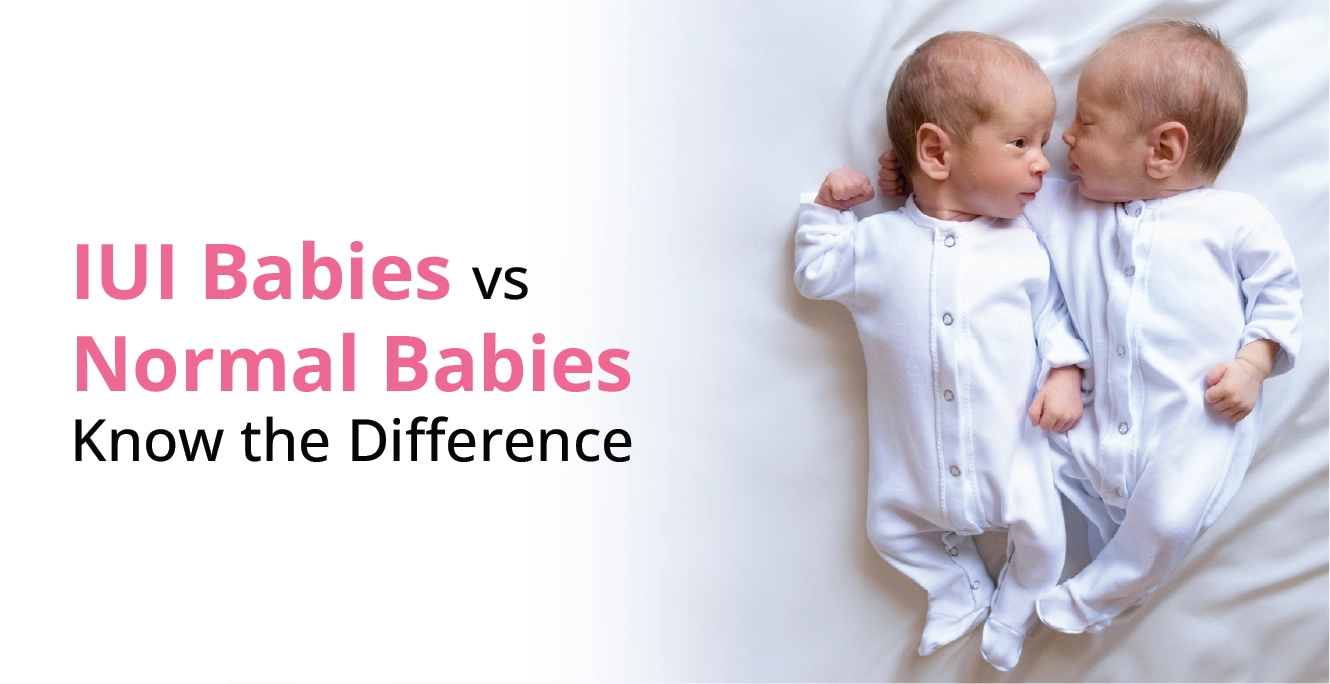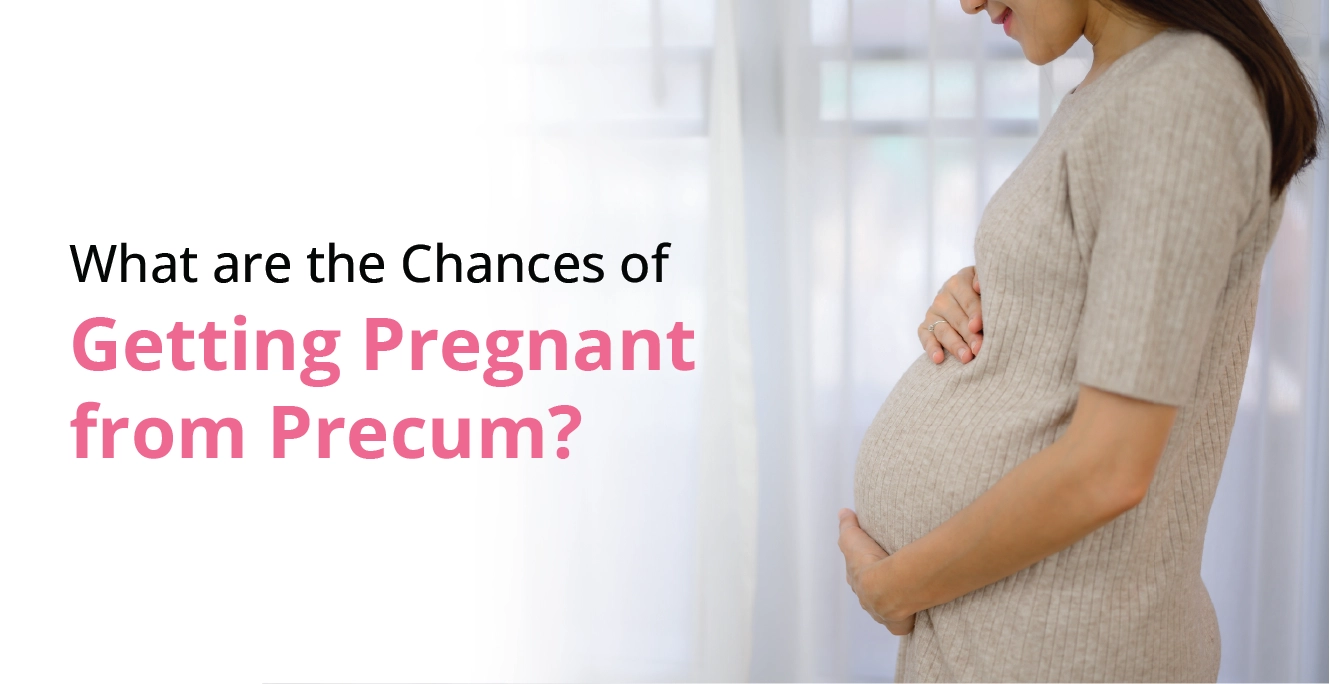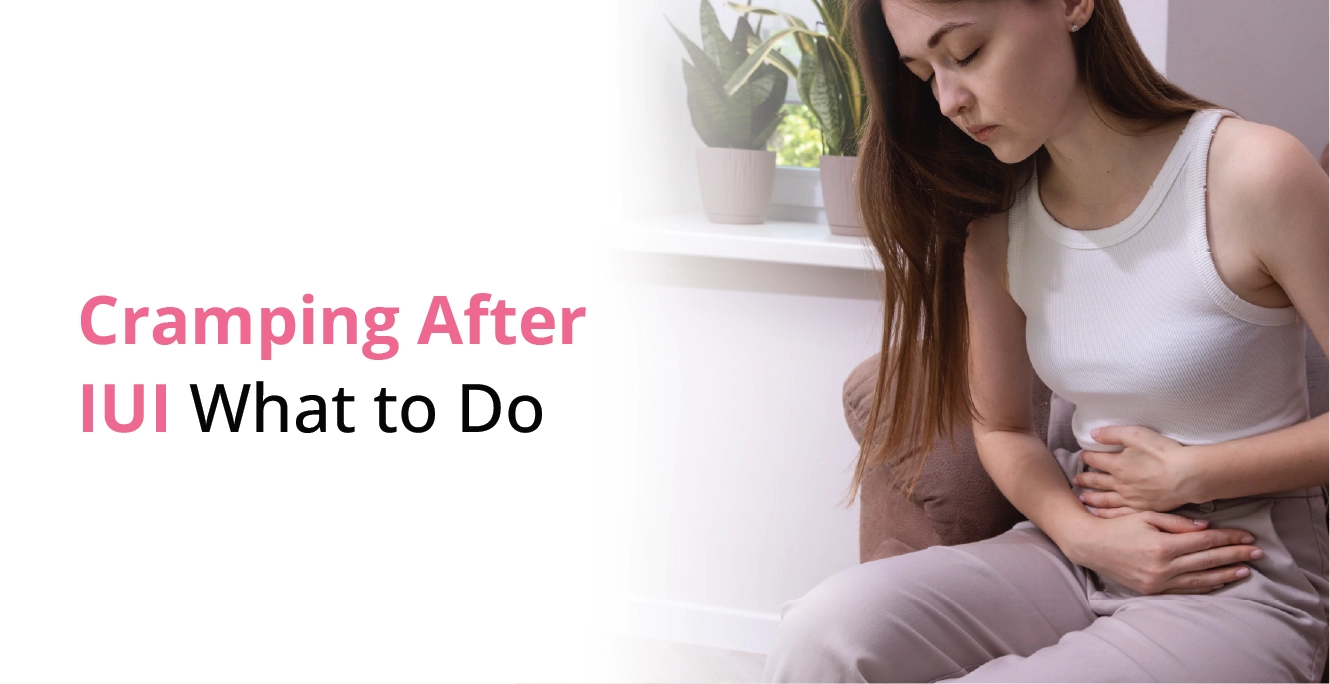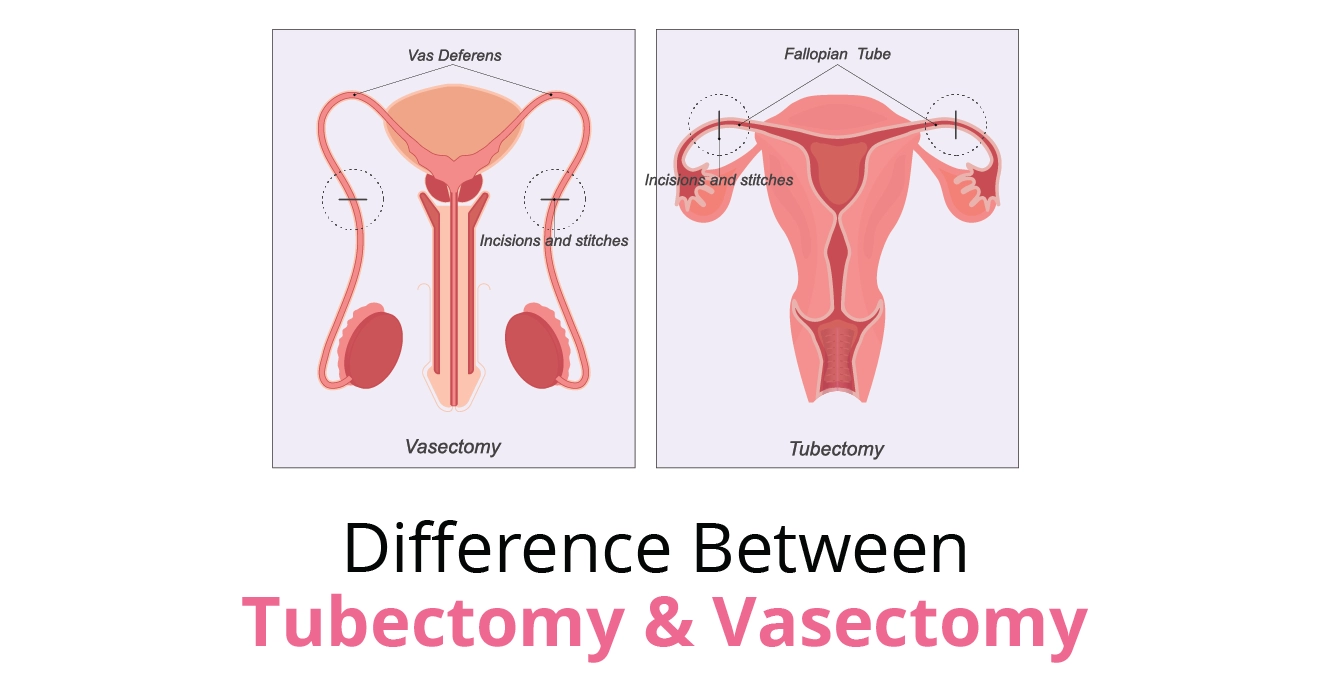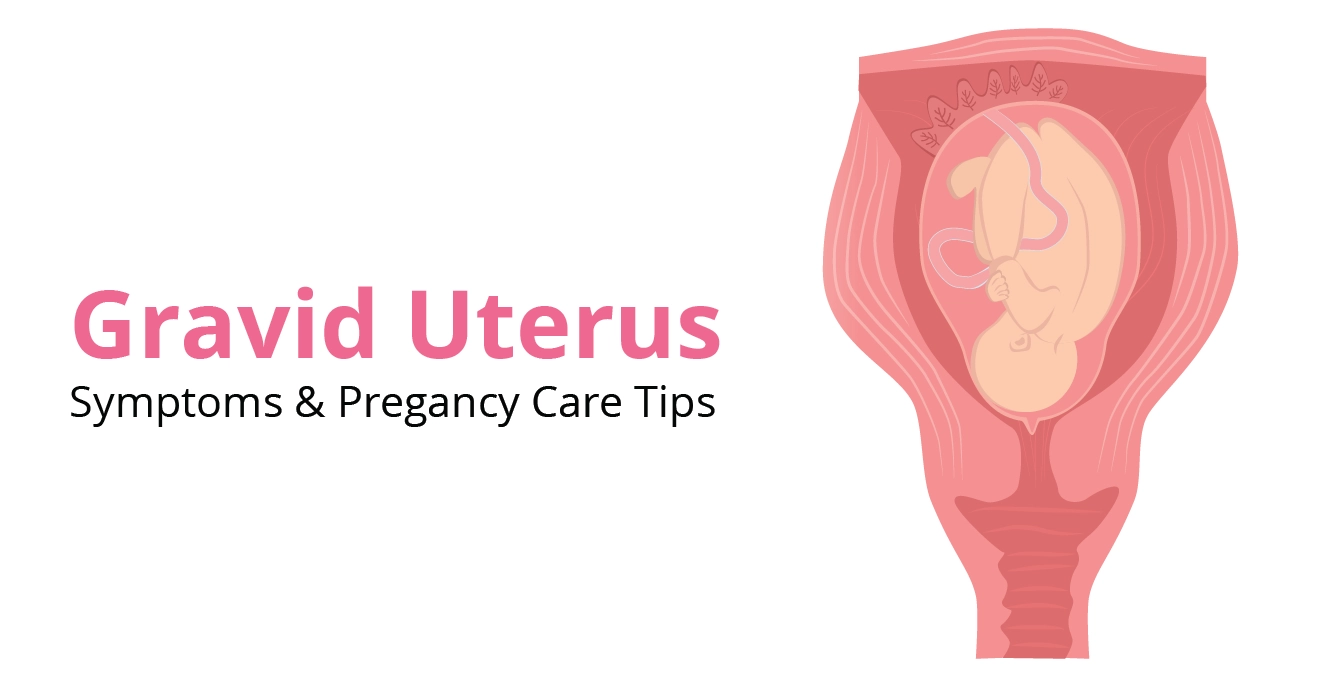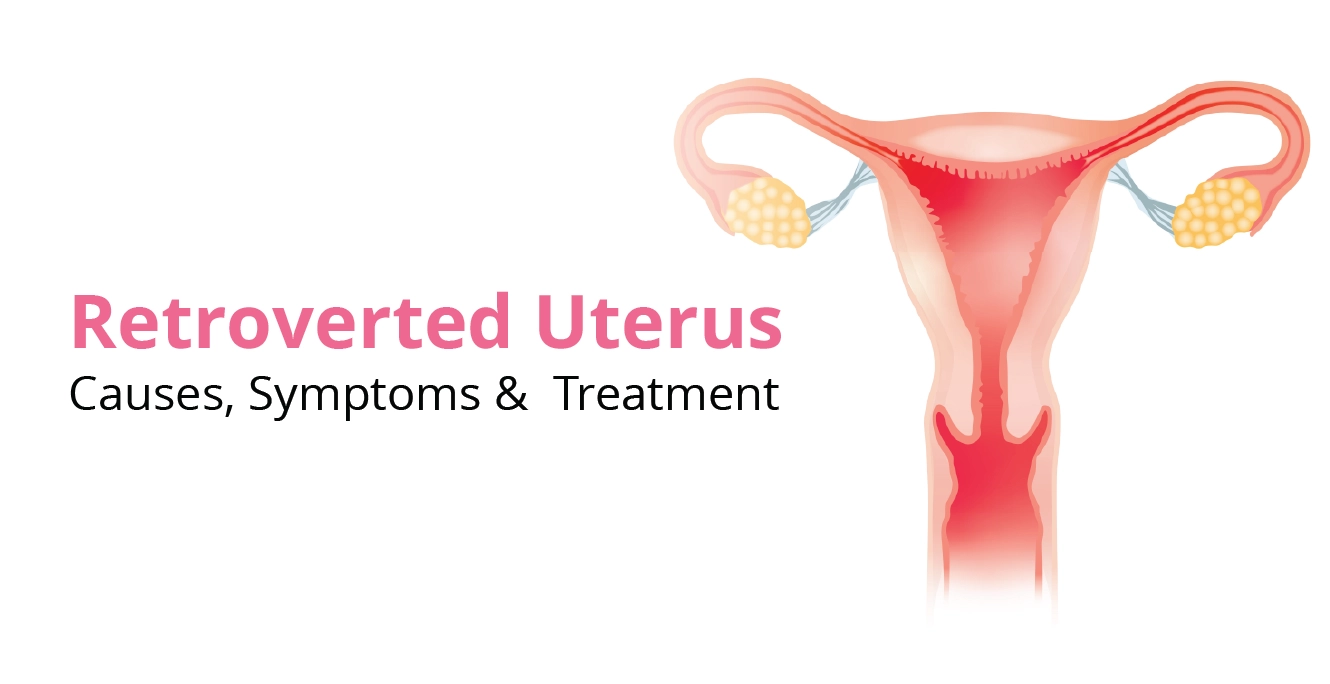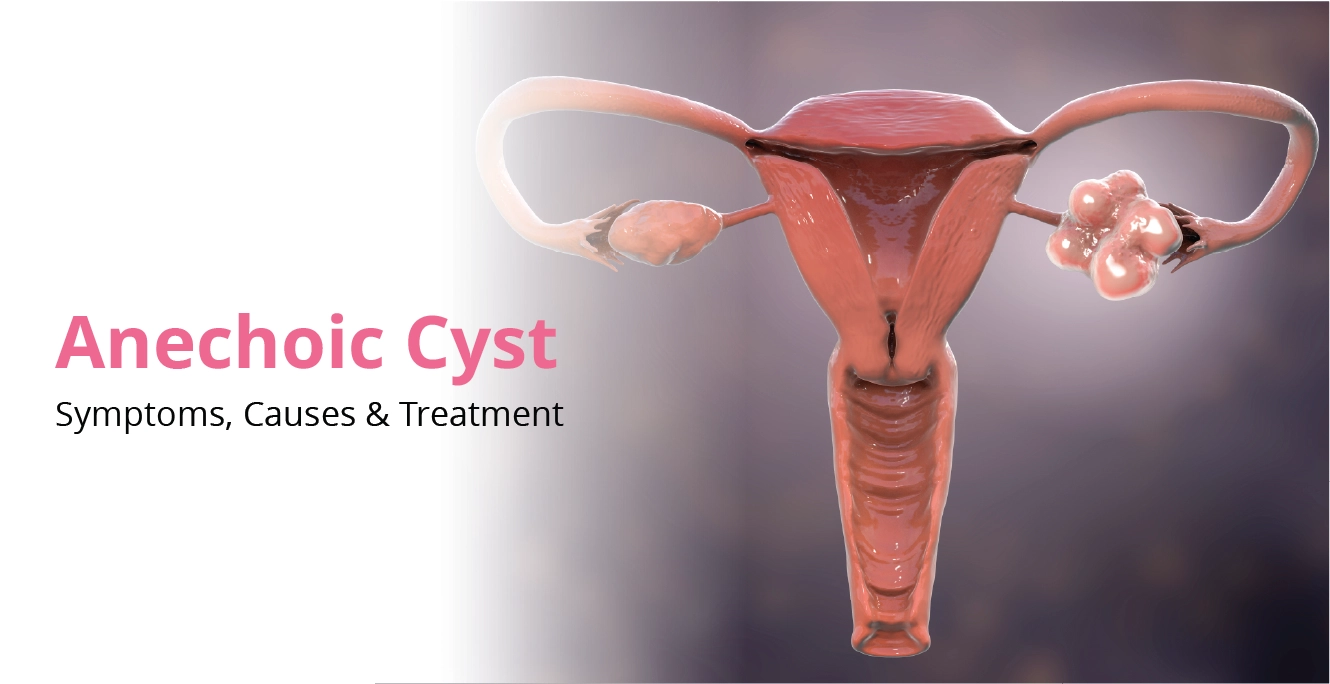Blastocyst Culture
Blastocyst culture, an assisted reproductive technology procedure, involves implanting healthy laboratory-developed embryos to ensure a successful pregnancy. It is ideal for people with unexplained infertility conditions, advanced maternal age, or several in-vitro fertilisation (IVF) failures.

What is Blastocyst Culture?
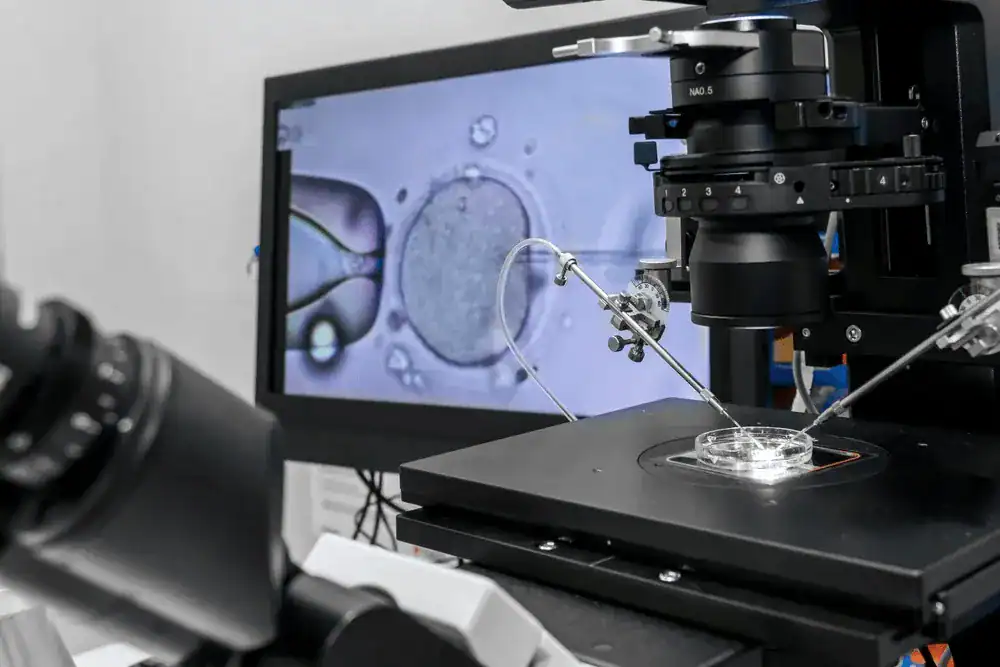
Blastocyst culture is a procedure where embryos are developed in a laboratory post-fertilisation for five to six days to become blastocysts. This stage is characterised by a higher cell count and the formation of a fluid-filled cavity.
The blastocyst stage is ideal for implanting the embryo into the uterus. When embryos are cultured to the blastocyst stage, embryologists can select the most healthy embryos.
It also aligns closely with the natural timing of embryo implantation in the uterine lining. This increases implantation rates and reduces multiple pregnancy rates observed in IVF clinics on the transfer of multiple embryos.
At Birla Fertility and IVF, we offer comprehensive blastocyst culture services with state-of-the-art laboratory facilities and expert embryologists.
When is it Recommended?
Blastocyst culture is recommended for people with:
-
Multiple IVF Failures
As this procedure helps select the most viable embryos, couples who have experienced several IVF failures can opt for this procedure.
-
Advanced Maternal Age
This technique offers a higher chance of successful implantation. This makes it ideal for women of advanced maternal age.
-
Unexplained Infertility
It can also benefit people with unexplained infertility or poor embryonic development in the past.
-
Miscarriage History
Individuals having a history of miscarriages can benefit from this procedure as it helps improve the chances of a successful pregnancy.
-
Preimplantation Genetic Testing (PGT)
The procedure also benefits people undergoing PGT, offering a more precise genetic analysis.
The procedure helps in the selection of healthy embryos, thereby increasing the likelihood of a healthy and successful pregnancy.
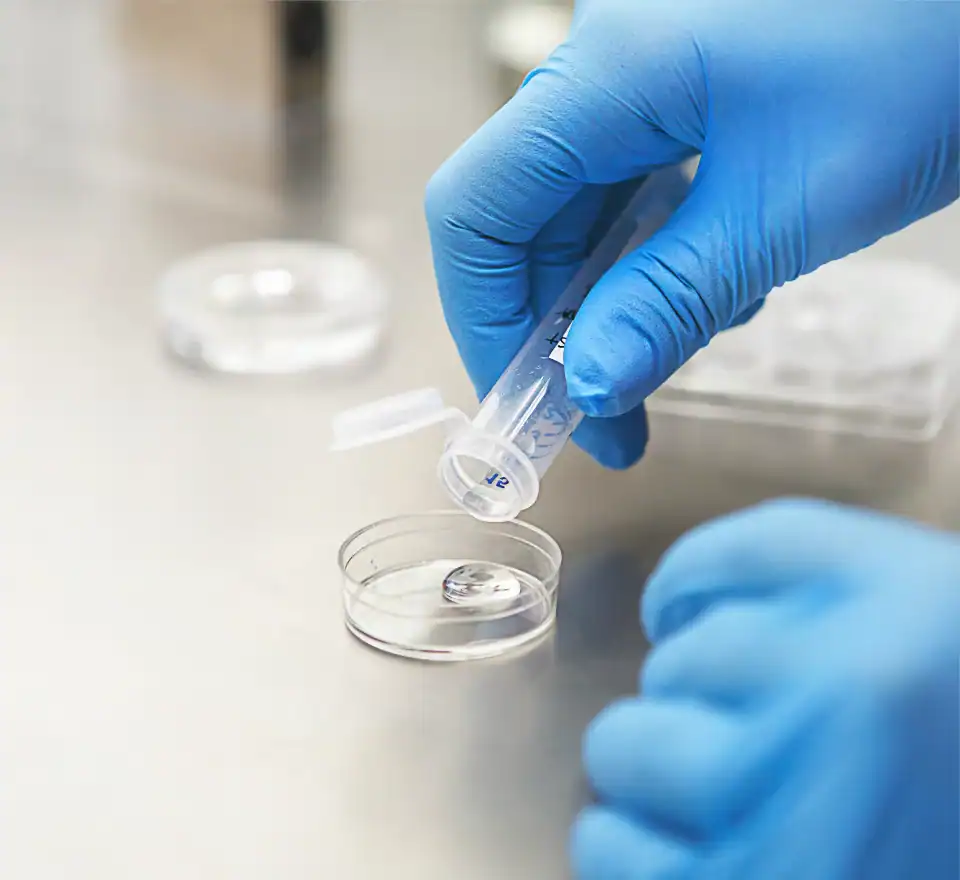
How is it Done?
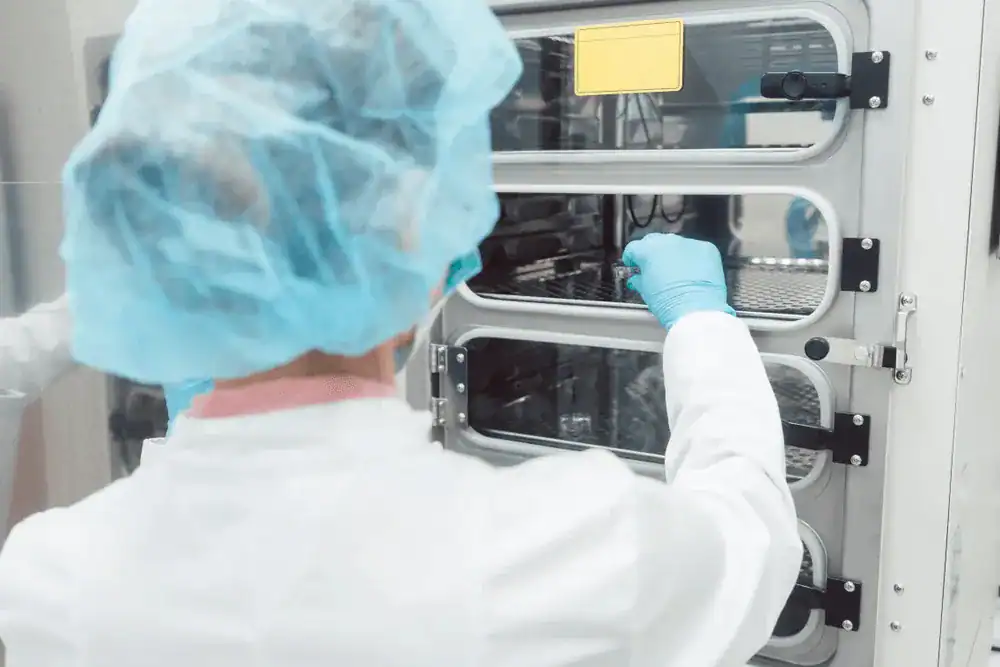
The blastocyst culture procedure involves the following steps:
-
The medical history of the patient should be discussed in detail.
-
Various blood tests/scans are conducted to check hormone levels, pre-existing conditions, etc.
-
The semen sample of the partner is assessed to check sperm count, motility, etc.
-
The ovaries are stimulated through fertility medications.
-
A trigger injection is administered to mature the eggs at a certain hormone level.
-
When the eggs mature, they are retrieved through a minor surgical procedure called transvaginal ultrasound aspiration.
-
Based on the patient’s choice, IVF or intracytoplasmic sperm injection (ICSI), is performed.
-
The retrieved eggs are fertilised with sperm in a laboratory setting.
-
The fertilised eggs or embryos are then cultured in a special incubator for three days.
-
The embryos are further cultured for an additional two to three days to reach the blastocyst stage.
-
The embryos are closely monitored and assessed by the embryologists to choose the most viable embryos.
-
The blastocysts chosen are prepared for transfer into the uterus through a catheter.
-
Any surviving viable blastocysts can be cryopreserved/frozen for use in the future.
Why Choose Us
Choosing the right fertility clinic is crucial for starting your family. At Birla Fertility & IVF, we offer personalised care with expert specialists guiding you every step of the way. Our advanced labs and outstanding success rates have helped over 2,30,000 patients achieve their dream of parenthood.
Things to Remember for Blastocysts Culture
Before the Treatment
- Consult with a fertility specialist to discuss the procedure and medical history.
- Make lifestyle adjustments like having a healthy diet and avoiding smoking.
- Follow the regimen prescribed for ovarian stimulation.
- Practise meditation or opt for counselling to manage stress.
During the Treatment
- Hormonal injections are given for ovary stimulation.
- The mature eggs are retrieved through a minor surgical procedure performed under anaesthesia or sedation.
- The eggs are fertilised through IVF or ICSI in the laboratory.
- The fertilised eggs are cultured for about five days to form blastocysts.
- The selected viable blastocysts are transferred into the uterus.
After the Treatment
- Rest for a short period and avoid strenuous physical activities.
- Take the prescribed medications and attend the follow-up appointments.
- Report any symptoms like heavy bleeding or severe pain.
- Get a blood test done 10-14 days after the transfer to check if you are pregnant.
- If the test is positive, regular prenatal appointments will be fixed. If the test is negative, the patient can discuss the next step - other fertility options or another round of IVF.
Frequently Asked Questions
Recent Blogs
Book an appointment
Hassle-Free Appointment Booking
Select Preferences
I know my doctor
IVF Cost in Different Cities
- IVF Cost in Jalandhar
- IVF Cost in India
- IVF Cost in Siliguri
- IVF Cost in Perinthalmanna
- IVF Cost in Patna
- IVF Cost in Chennai
- IVF Cost in Vijayapura
- IVF Cost in Mumbai
- IVF Cost in Kolar
- IVF Cost in Bangalore
- IVF Cost in Thrissur
- IVF Cost in Salem
- IVF Cost in Palakkad
- IVF Cost in Mangalore
- IVF Cost in Kannur
- IVF Cost in Kozhikode
- IVF Cost in Bhopal
- IVF Cost in Indore
- IVF Cost in Hyderabad
- IVF Cost in Nagpur
- IVF Cost in Jaipur
- IVF Cost in Raipur
- IVF Cost in Guwahati
- IVF Cost in Chandigarh
- IVF Cost in Ranchi
- IVF Cost in Ahmedabad
- IVF Cost in Surat
- IVF Cost in Cuttack
- IVF Cost in Bhubaneswar
- IVF Cost in Howrah
- IVF Cost in Kolkata
- IVF Cost in Meerut
- IVF Cost in Allahabad
- IVF Cost in Noida
- IVF Cost in Gorakhpur
- IVF Cost in Varanasi
- IVF Cost in Lucknow
- IVF Cost in Rewari
- IVF Cost in Gurgaon
- IVF Cost in Delhi
IVF Treatment in Different Cities
- IVF Treatment in Jalandhar
- IVF Treatment in Siliguri
- IVF Treatment in Perinthalmanna
- IVF Treatment in Patna
- IVF Treatment in Chennai
- IVF Treatment in Vijayapura
- IVF Treatment in Delhi
- IVF Treatment in Kolar
- IVF Treatment in Thrissur
- IVF Treatment in Salem
- IVF Treatment in Palakkad
- IVF Treatment in Mangalore
- IVF Treatment in Kannur
- IVF Treatment in Kozhikode
- IVF Treatment in Bhopal
- IVF Treatment in Indore
- IVF Treatment in Hyderabad
- IVF Treatment in Nagpur
- IVF Treatment in Jaipur
- IVF Treatment in Raipur
- IVF Treatment in Guwahati
- IVF Treatment in Chandigarh
- IVF Treatment in Ranchi
- IVF Treatment in Ahmedabad
- IVF Treatment in Surat
- IVF Treatment in Cuttack
- IVF Treatment in Bhubaneswar
- IVF Treatment in Howrah
- IVF Treatment in Kolkata
- IVF Treatment in Meerut
- IVF Treatment in Prayagraj
- IVF Treatment in Noida
- IVF Treatment in Gorakhpur
- IVF Treatment in Varanasi
- IVF Treatment in Lucknow
- IVF Treatment in Rewari
- IVF Treatment in Gurgaon
- IVF Treatment in Bangalore
- IVF Treatment in Delhi
IVF Doctors in Different Cities
- IVF Doctors in Jalandhar
- IVF Doctors in Prayagraj
- IVF Doctors in India
- IVF Doctors in Perinthalmanna
- IVF Doctors in Thrissur
- IVF Doctors in Palakkad
- IVF Doctors in Kannur
- IVF Doctors in Kozhikode
- IVF Doctors in Ranchi
- IVF Doctors in Patna
- IVF Doctors in Varanasi
- IVF Doctors in Gorakhpur
- IVF Doctors in Meerut
- IVF Doctors in Allahabad
- IVF Doctors in Kolar
- IVF Doctors in Salem
- IVF Doctors in Vijayapura
- IVF Doctors in Nagpur
- IVF Doctors in Raipur
- IVF Doctors in Jaipur
- IVF Doctors in Guwahati
- IVF Doctors in Siliguri
- IVF Doctors in Howrah
- IVF Doctors in Indore
- IVF Doctors in Bhopal
- IVF Doctors in Bhubaneswar
- IVF Doctors in Cuttack
- IVF Doctors in Surat
- IVF Doctors in Ahmedabad
- IVF Doctors in Mangalore
- IVF Doctors in Chandigarh
- IVF Doctors in Hyderabad
- IVF Doctors in Lucknow
- IVF Doctors in Bangalore
- IVF Doctors in Chennai
- IVF Doctors in Mumbai
- IVF Doctors in Kolkata
- IVF Doctors in Noida
- IVF Doctors in Gurgaon
- IVF Doctors in Delhi

 Our Centers
Our Centers
















